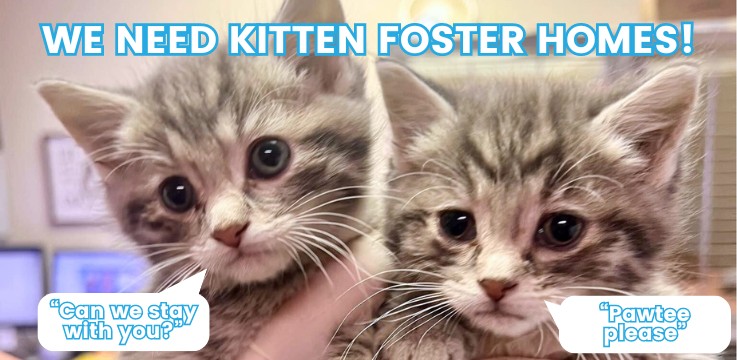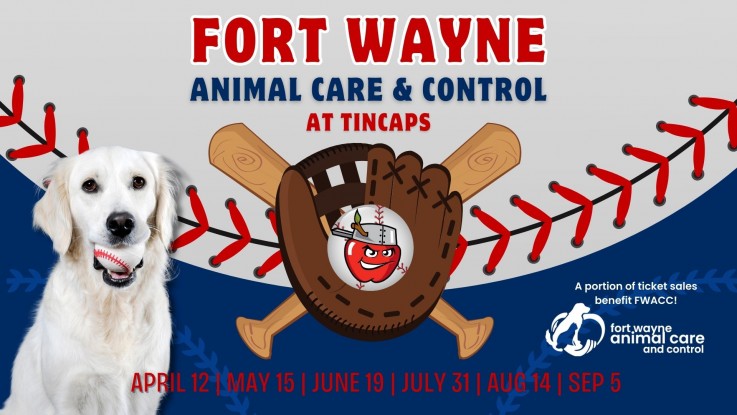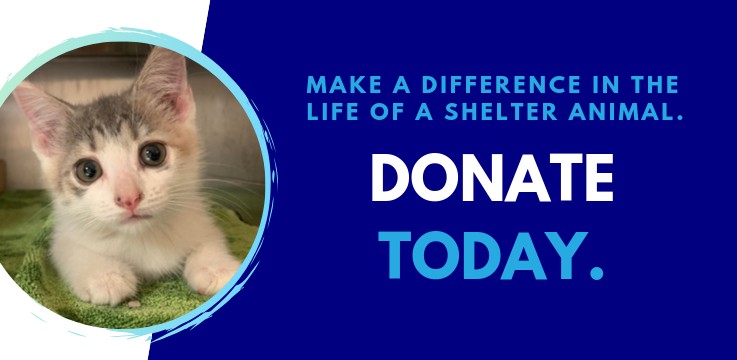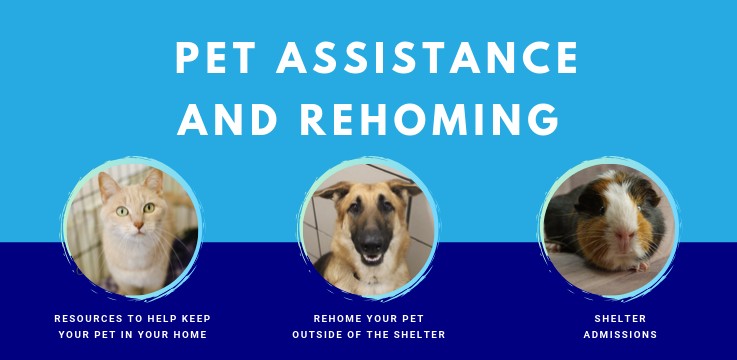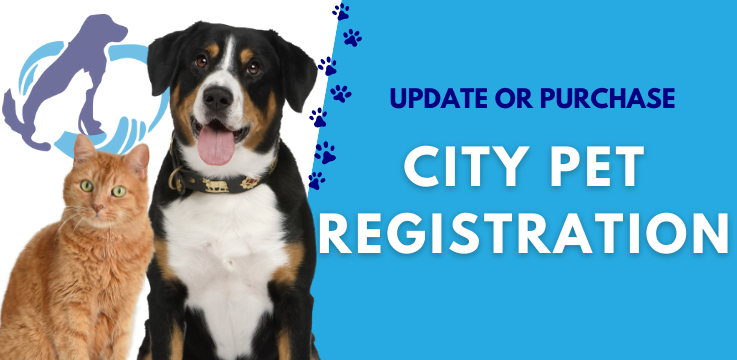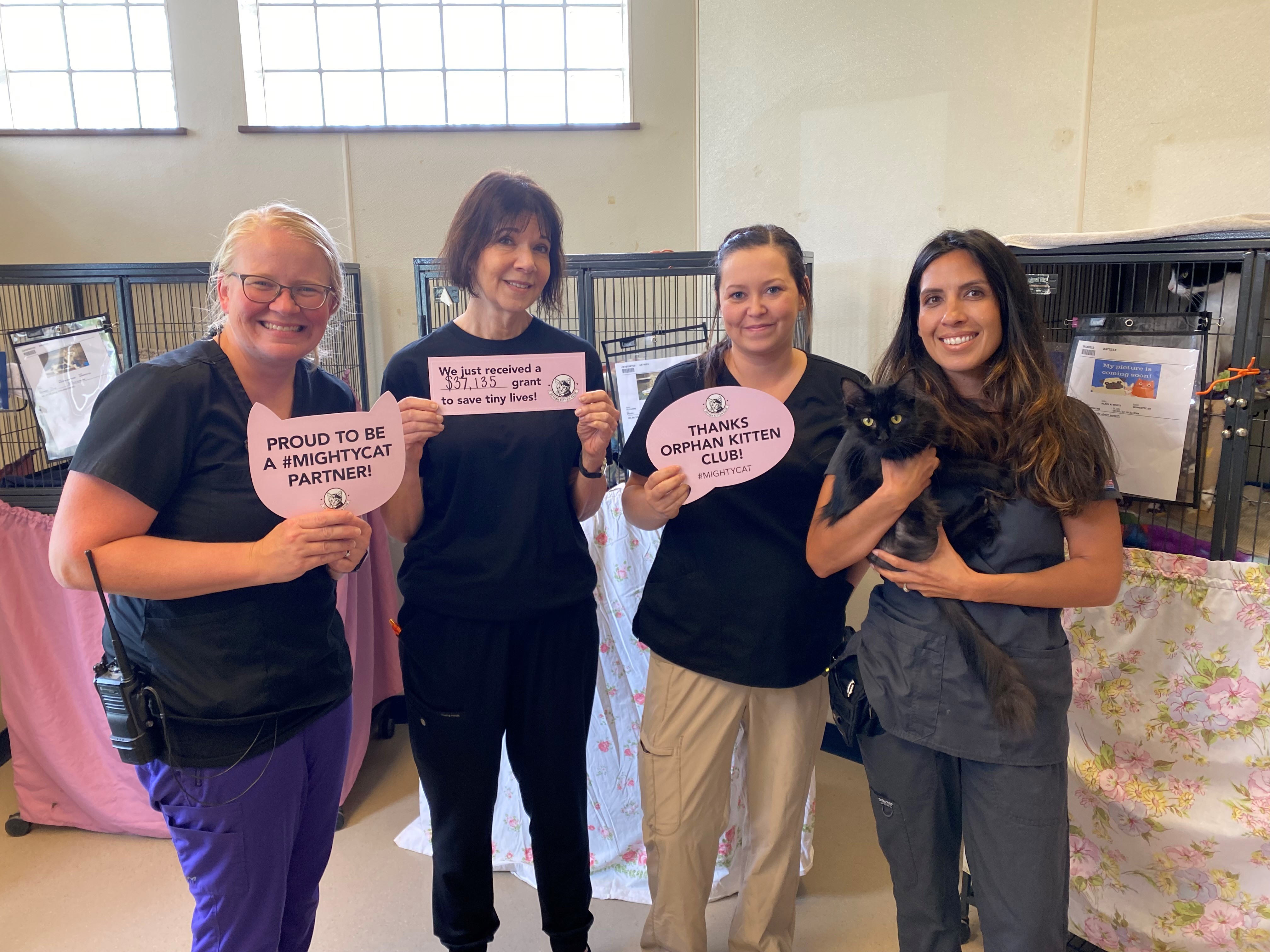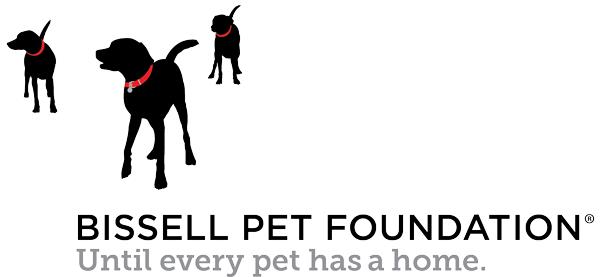FWACC Suspending Adoption of Adolescent Cats and Kittens, Diverting Intakes Due to Feline Panleukopenia Outbreak
Fort Wayne, IN – Effective immediately Fort Wayne Animal Care & Control is suspending the adoption and intake of adolescent cats and kittens due to a recent outbreak of feline panleukopenia.
Feline panleukopenia, also known as the feline distemper or feline parvo, is a highly contagious virus that mostly affects unvaccinated kittens. Symptoms include fatigue, vomiting, diarrhea, and death. It is spread when a cat or kitten comes into contact with infected feces, vomit, nasal discharge and other bodily excretions. It does not affect people or other types of animals such as dogs.
FWACC is in the process of containing and decontaminating the shelter, and staff are testing and watching all cats currently at the shelter. All cats and kittens are vaccinated upon arrival at the shelter. To ensure the disease does not continue to spread to cats in our community, all adoptions of adolescent cats and kittens will be suspended until Tuesday, Aug 23 or it is determined safe by the shelter medical team.
Anyone who has adopted a cat or kitten from Fort Wayne Animal Care & Control, whether the shelter location or off-site, since Aug. 1 should monitor their pet at home. If it has or is showing symptoms please call our office at 427-1244 option 1 immediately so treatment can be given. Staff are working to contact adopters that may be affected by the outbreak.
To prevent further outbreak of panleukopenia in the shelter, the intake of cats and kittens will be diverted until Sept. 1 or until shelter medical staff determine the shelter can return to normal operations. Citizens who currently have an appointment to surrender an at-risk cat or kitten will be contacted and offered options to get the cat vaccinated at the shelter then keep it at their home until the shelter is ready and able to take the cat or kitten. Citizens bringing in stray cats or kittens will be offered the same service, vaccinations then the option to hold them in their home to prevent further spread of the disease. FWACC is an open access shelter, so if the citizen does not wish to take the cat or kitten home we will take it in.
To further stop the spread of the disease in our community, all community cats will be vaccinated against feline panleukopenia before being returned to their colony.
Feline panleukopenia is a preventable disease. Kittens can receive the first round of vaccines to prevent the deadly disease at 4-6 weeks and should receive boosters as recommended by a veterinarian. Adult cats should also be vaccinated to prevent illness.
The shelter is seeking the community's immediate help with donations to the Angel Fund to help cover the cost of the additional vaccines needed for community cats.
Those wishing to donate can help by either purchasing needed supplies via the shelter’s Amazon Wishlist or making monetary donations through the shelter’s website.


